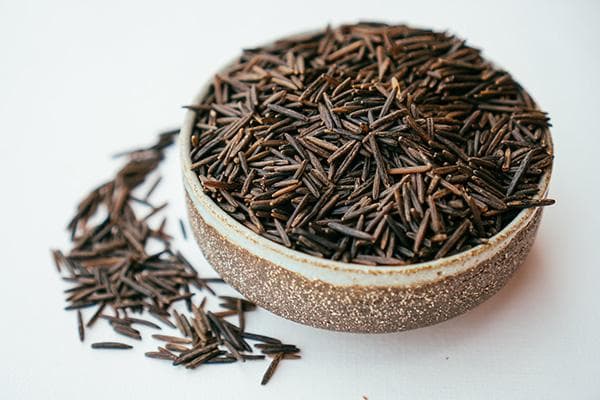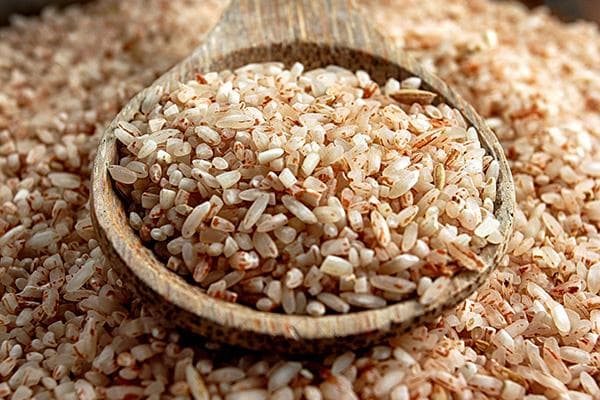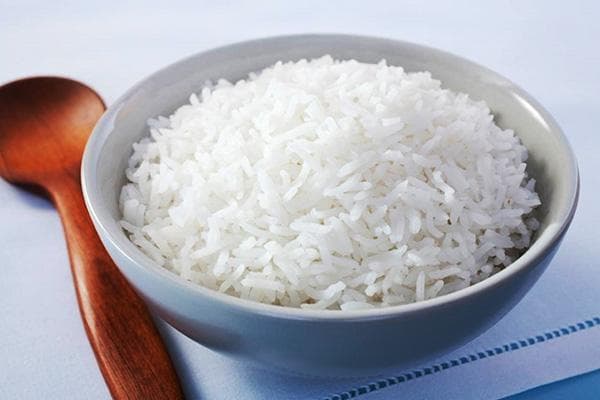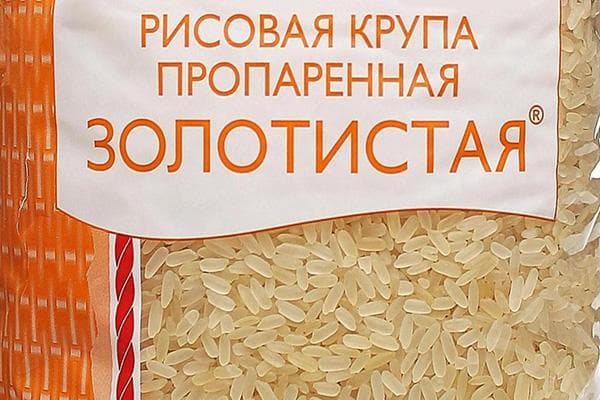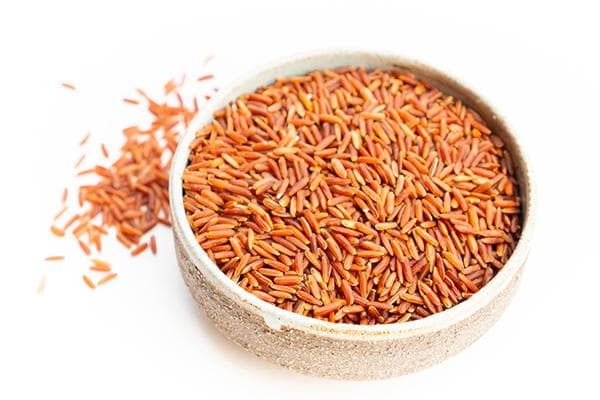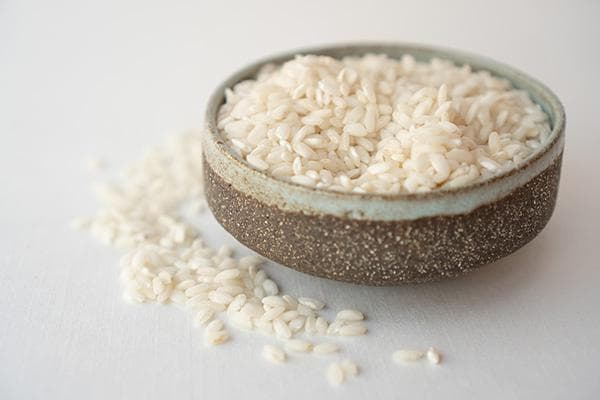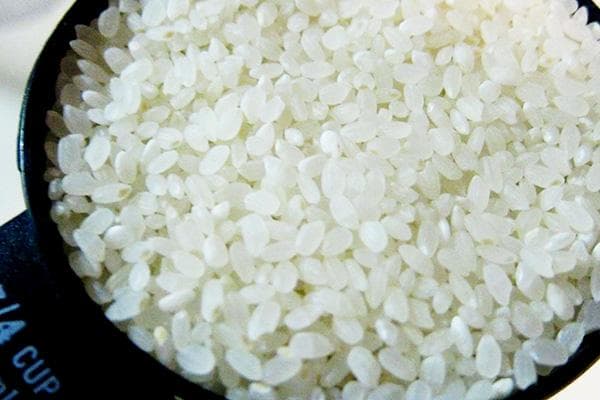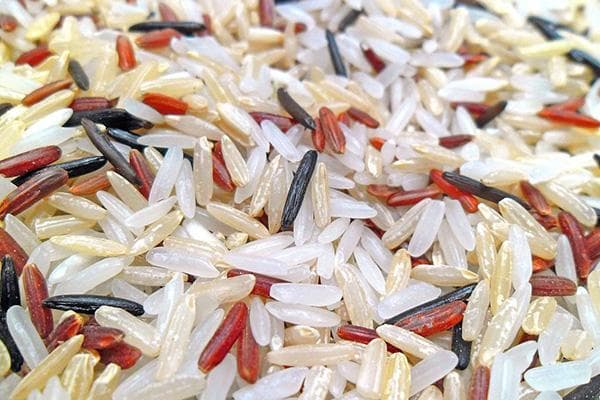For porridge, pilaf and risotto: what types of rice are suitable for preparing different dishes?
Content:
If you learn to distinguish between the types of rice available for sale, you will be able to properly prepare a side dish for meat or fish, pilaf, risotto, sushi and other delicious dishes. You’ll also find out which cereals are more suitable than others for a healthy diet, weight loss, and whether it’s worth overpaying for varieties with exotic names. This article will provide you with a helpful guide to choosing rice at the store.
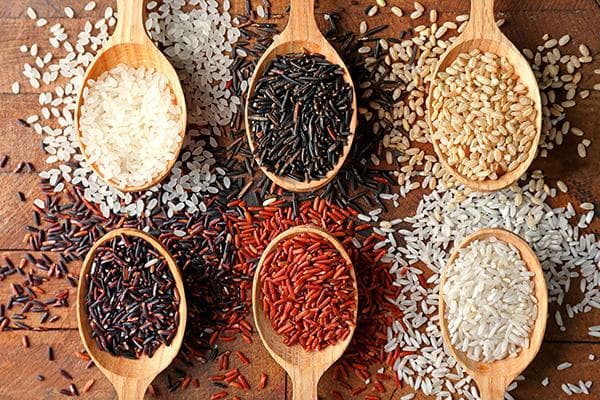
Types of rice by processing method
There is a simple principle in dietetics: the less rice has been processed, the more nutrients it retains. But whole grains will take longer to cook.
Wild
It is also known as Tsitsaniya aquatica, or Indian rice. Although the cereal grows wild only in North America, it is cultivated in other countries (including Russia). The grains are long, thin, dark brown, almost black. A very expensive and valuable look.
Before going on sale, wild rice undergoes minimal processing: small debris is separated from the grains. Therefore, almost all useful substances are retained in the composition:
- proteins – 12-13 g per 100 g;
- cellulose;
- vitamins - especially a lot of B1, B5, B6, folic and nicotinic acid;
- macro and microelements: potassium, magnesium, phosphorus, iron, zinc, selenium.
At the same time, wild rice is the lowest in calories of all types, as it contains a minimum of starch. This is the product chosen by adherents of a healthy diet.
Cereals are mainly used for preparing side dishes and salads. Often mixed with white varieties. Wild rice has a delicate flavor, a strong nutty aroma and subtle sweet notes. It takes a long time to cook – 40-60 minutes. Unfortunately, cooked cereals quickly deteriorate.
Brown (brown, unpolished)
From such rice, only the upper flower scales are removed, and the bran shell is left. It is practically not inferior to the wild one in terms of the amount of vitamins, macro and microelements in its composition, but contains less protein. The grains have a light brown tint, a nutty smell and a slight bitterness. Mainly used for preparing side dishes, salads, and soups. They need to cook for about 35–40 minutes. The cereal turns out dense and crumbly. It does not store for long - up to 2 days in the refrigerator.
The benefits of brown rice can hardly be overestimated. It prevents constipation, diseases of the cardiovascular system, normalizes metabolism, improves the condition of the skin and hair. Provides a long-lasting feeling of satiety and is suitable for dietary nutrition.
White
It is this refined product that most residents of Russia and other CIS countries are accustomed to seeing on their tables. During processing, cereals undergo complete removal of bran membranes. The composition remains essentially just starch. Therefore, the cereal turns out to be very high in calories, practically devoid of beneficial properties. But it cooks quickly (within 10-20 minutes) and then is stored for a long time.
Boiled grains are white and have a neutral taste.White rice is used to prepare almost any dish: side dishes, salads, soups, pilaf, risotto, paella, porridge, sushi and desserts.
Golden (steamed)
The name of the product speaks for itself. This type of rice is the “golden mean” between white and brown.
Steaming grains includes the following steps:
- Soak.
- Steam treatment.
- Removing the bran membrane.
This technology allows you to transfer up to 80% of the beneficial substances from the bran to the kernel. At the same time, rice acquires valuable culinary properties: beautiful color, friability, long shelf life. The same dishes are prepared from it as from white varieties. You just need to cook steamed rice for 5-10 minutes longer.
Types of rice by grain shape
If the processing method has a greater impact on the health benefits of rice, then the shape of the grains has a greater impact on the culinary properties. There are three types of cereals on sale.
Long grain
The grains are thin, about 0.8 cm long. They have the following properties:
- do not stick together when cooking;
- harden quickly after cooling;
- keep their shape well.
Consequently, long-grain rice can act as a side dish for meat and fish, and is also highly valued for its fluffiness in pilaf and salads. Often used in oriental recipes.
Medium grain
The length of the grains is 0.6 cm. They have a slightly rounded shape. Experienced cooks recommend not cooking medium-grain rice completely, so as not to get a sticky porridge. Usually 15–20 minutes is enough.
As a rule, medium-grain rice is used to prepare European dishes of risotto and paella. After all, the grains are soft and perfectly absorb the aromas of other ingredients: vegetable oils, vegetables, seafood, meat.
Round
The grains are 0.3 cm long and almost round in shape.They instantly boil and stick together, acquiring a creamy texture. Ideal for preparing milk porridges, casseroles, and sushi.
The round type of rice is the leader in starch content. Therefore, it should not be eaten by people who are overweight.
The most popular varieties of rice in the world
Many manufacturers indicate on the packaging not only the type of rice, but also the specific variety. The table will help you quickly choose cereals depending on your culinary preferences.
Table 1. Top 7 varieties of rice on sale
| Variety name, main producer | Short description | What dishes is it suitable for? |
|---|---|---|
| Basmati, India | Long thin grains, have a rich aroma, delicately sweet taste, absorb moisture well | Side dish for spicy meat or fish dishes with gravy, pilaf |
| Jasmine, Thailand | The grains are of medium length; after cooking they are soft, crumbly, and have a subtle milky aroma. | Side dish, soup, risotto, paella |
| Arborio, Italy | The grains are small, round, after cooking they are sticky and elastic, and have a neutral taste. | Risotto, rice pudding, milk porridge |
| Kamolino, Egypt | The grains are medium-length, pearl-colored, and after cooking they are soft, but do not stick together. | Universal rice - suitable for preparing any dishes |
| Devzira, Uzbekistan | Large oblong grains of red-brown color, after cooking they turn out dense, crumbly, very aromatic | Uzbek pilaf, side dish, salad |
| Rose Matta, India | The grains are medium long, amber-red in color, after cooking they turn out crumbly, the taste is a little like pearl barley. | Side dish, pilaf, soup |
| Black rice, Tibet | The grains are black, but not as long as those of Tsitsania aquatica, contain many amino acids, the aroma contains notes of nuts and puffed corn, and stick together after cooking | Side dish, rolls, risotto, rice pudding |
Thus, culinary success and health depend on the right choice of rice. If you want to eat deliciously and bring maximum benefits to your body at the same time, prepare side dishes and pilafs from unpolished types of cereals. You can treat yourself to long-grain and medium-grain rice, but save round dishes for holidays and other special occasions.
